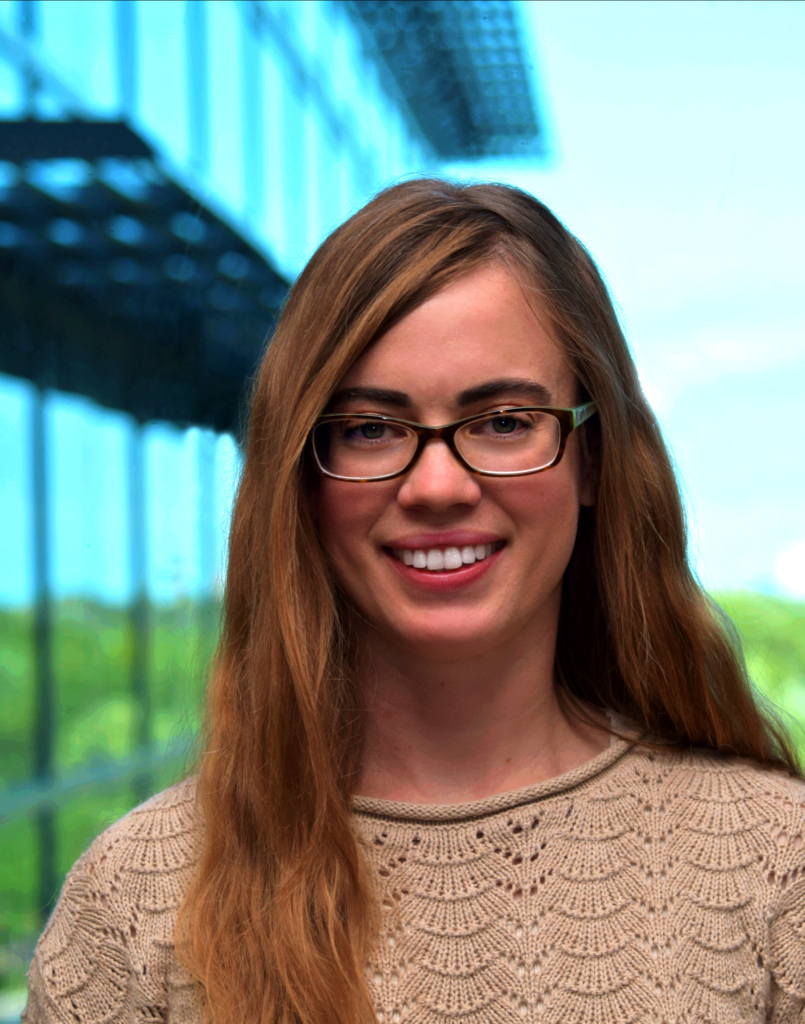The Office of the Provost and Academic Affairs is pleased to congratulate our Stetson teacher-scholar faculty on the submission of proposals for innovative scholarship, research and creative inquiry. The following Summer Grants Program projects were recommended by the Professional Development Committee to the Provost for their outstanding potential and dedication to Stetson’s mission of teaching, research, and artistic development:
Cynthia Bennington and Peter May, Pollinator dynamics in a human-modified landscape
Jon Carrick, Global SME Case Series
Valrie Chambers, Potential Tax Implications of Family Travel Allowances on NCAA
Rachel Core, The Tuberculosis Clinic at Three Critical Junctures
Paul Croce, William James’s Theory of Attention and his Psychology of Philosophizing
Roslyn Crowder, Killing Lung Cancer: An Examination of Naturally Occuring Plant-Based Compound Genistein
Christopher de Bodisco, Mitigating the Impacts of Climate Change: A Case Study Approach
Ana Eire, An Anthology of Contemporary Galician Poetry
Mayhill C. Fowler, The Military-Entertainment Complex in the USSR
Alan Green, Stages of Growth and Economic Development: Providing a Framework for Analysis
Asal Mohamadi Johnson, The Effects of Racial Segregation on Breast Cancer Stage at Diagnosis, Treatment and Survival Among Black Women
Grace Kaletski, The Value of Knowledge Practices in Student Learning: Faculty Perceptions of ACRL’s Framework for Information Literacy for Higher Education at Stetson University
Eric Kurlander, Modern Germany: A Global History, 1500-present
Danielle Lindner, Deconstructing Body Image Disturbance
Dejan Magoc, The 5-2-1-0 Childhood Program in the DeLand Community
Richard Medlin, Chronic Fatigue Syndrome in Children and Adolescents
Stuart Michelson, The Behavioral Relationship Between Personality Type and Investor Risk Preferences
Nicole Mottier, The Persistence of Moneylending in Mexico
Lynn Musco, Dark Matter
Mary Ellen Oslick, Literacy Across the Content Areas with the 2016 Orbis Pictus Award
Jelena Petrovic, Safe Border Crossers, Proper Citizens, and Eastern Others: Serbian News Coverage of refuge Crisis in Europe
Douglas Phillips, A Coda – Repertoire, Commissions, and Premieres: Gary Green and the Frost Wind Ensemble’s Last Years Together (2012-2015)
Mary Pollock, Gerald Durrell’s Animal Tales: A New Biography
Joshua Rust, Traditional Authority, Loyalty, and Social Ontology
Matt Wilson, 2015 NCAA Division I Power 5 Conference Men’s and Women’s Basketball Coaching Contracts: A Comparative Analysis of Incentives for Athletic and Academic Team Performance
Joseph Woodside, Transforming Healthcare Provider and Patient Power Dynamics-Exploring the Impact of Mobile Healthcare
Daniil Zavlunov , Opera in Russia during the Reign of Nicholas I (1825-1855): A Cultural History (Phase II)









